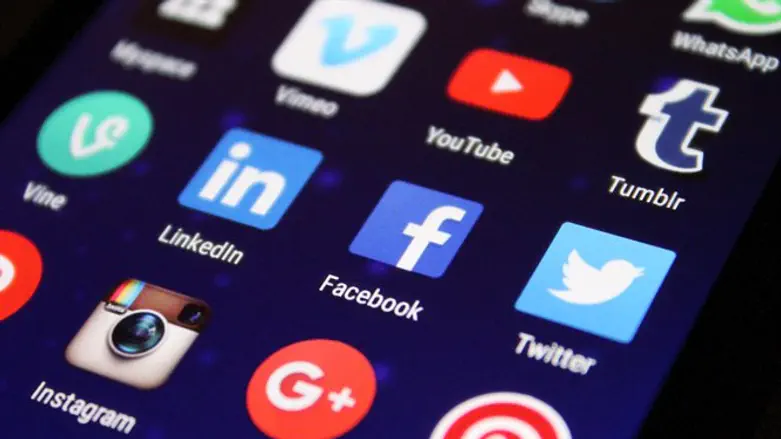
These are the first lines of the book ("extraordinary and terrifying", according to L’Express) in which David Doucet reveals the mechanisms that led to his dismissal as editor-in-chief of Les Inrocks and the disappearance of many personalities.
"La Haine en ligne”, the title of the book for Albin Michel, is a denunciation of the “Internet tribunals”. Doucet was part of the Lol League, an informal group of thirty journalists accused of cyber bullying against feminist colleagues. “In the space of a weekend, my life fell apart. I saw people moving away, I became radioactive”. He says he has not participated in "any harassment", but in a phone prank which “he regrets because it hurt someone. But losing my job for a joke is for me the crystallization of the excesses of our time”.
Doucet tells of layoffs, depressions and suicide attempts by other colleagues.
“Boycott of personalities, cancellations of conferences, lynchings on social networks ... Cancel culture threatens liberalism and freedom of expression”, writes L’Express. “In the USSR as under McCarthyism, purges were frequent. Human nature has not evolved, technology has”.
From J. K. Rowling to Woody Allen, from a lecture by Sylviane Agacinski to the dismissal of the New York Times head of opinion pages James Bennet, there are no counting of eliminations from public life.
Now the news that the Historical Society of Trinity College Dublin, the oldest student debating organization in the world, has withdrawn an invitation to famed biologist Richard Dawkins. The reason? “I was not aware of Dawkins’s opinions on Islam”, the president, Bríd O'Donnell, said on Instagram.
According to Thomas Chatterton Williams, one of the minds behind Harper's letter against cancel culture, we are at the crossroads: we want everyone, whatever their identity, to feel safe expressing opinions within the limits of free speech, or prefer a "democratization of punishment" in which everyone feels vulnerable? "In the Roman Empire, damnatio memoriae took place post mortem", writes Doucet. “Today social death is much more cruel”. And there is no right to be forgotten.
"Platforms encourage conflict and indignation, it's their business model." Tristan Harris, a former Google engineer, explains that with every indignant word added to a tweet, the retweet rate increases by 17 percent. “We have all become little media agents of ourselves”.
The internet is a breeding ground for ideological vigilantes. "You can destroy people without knowing them." In the book, American writer Bret Easton Ellis says he is shocked that companies are giving social media credit and firing employees in 24 hours, while Michel Houellebecq tells Doucet: “How did we go from love of freedom to love in such a short time. for the servants?” In a disenchanted society, Doucet concludes, "cancellation is the ritual of social cleansing for those who do not comply".
Yesterday it was Islam, today it is gender, tomorrow will be another ideological crime…
Instead of wearing the dunce hat and being publicly shamed as in the Maoist purges, now we are attacked and "reported" on social media. But we have the same public sessions of accusations and excuses, the same head hanging down, the same blank stare.